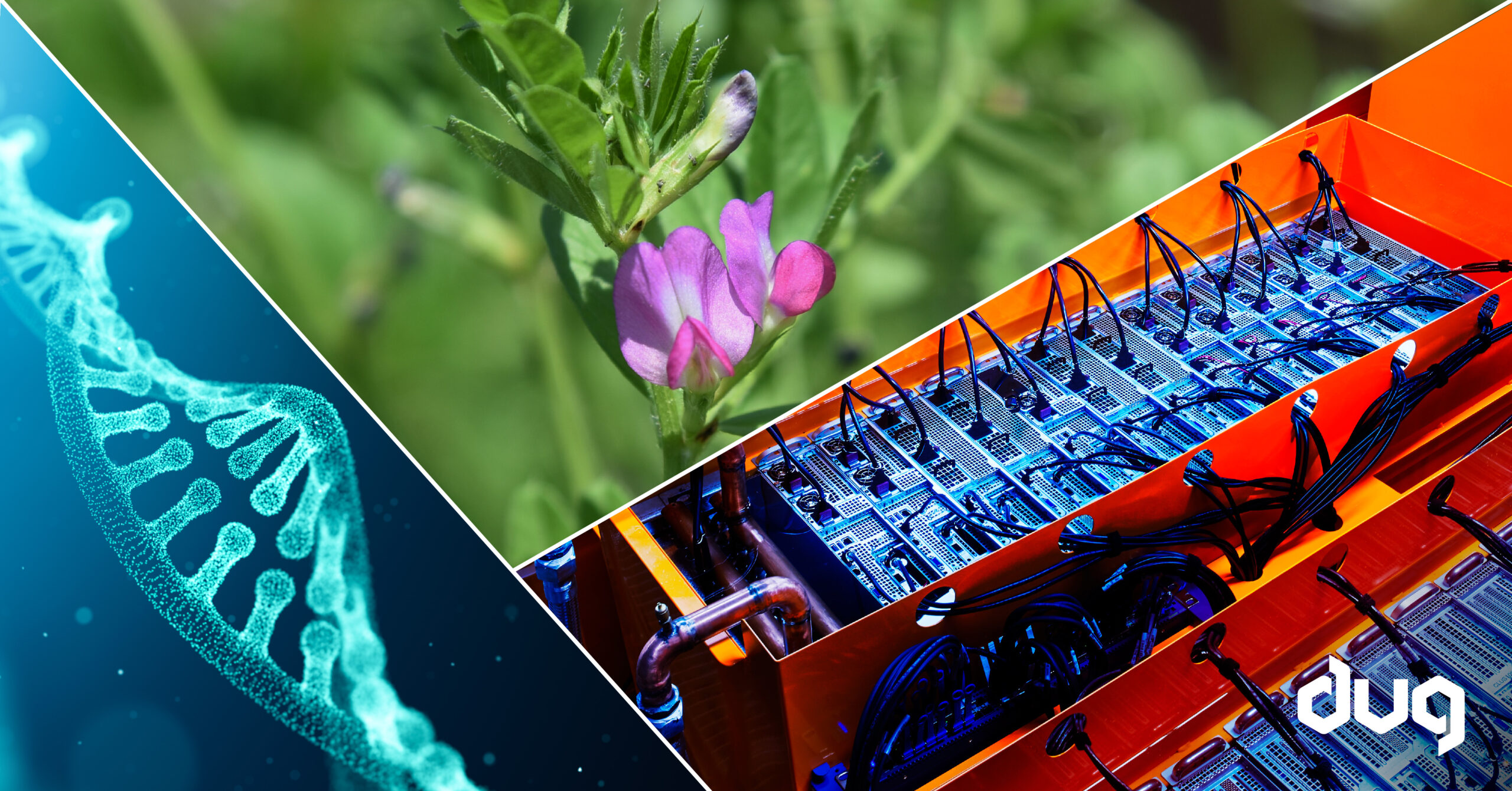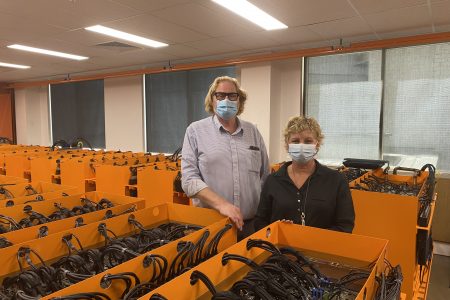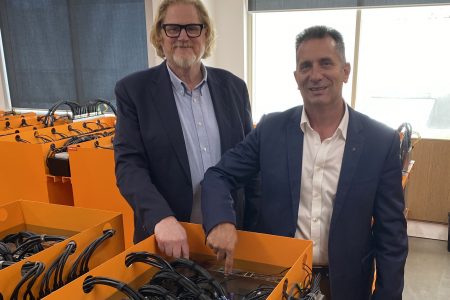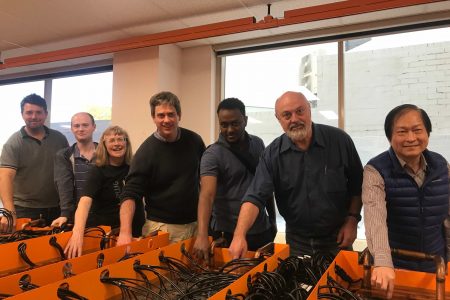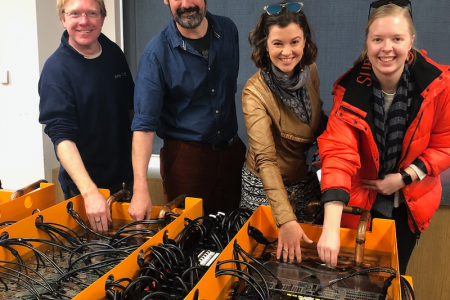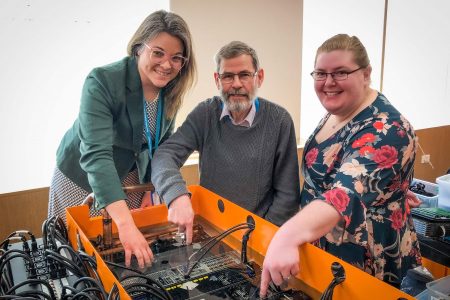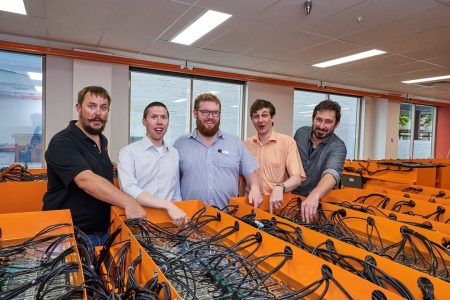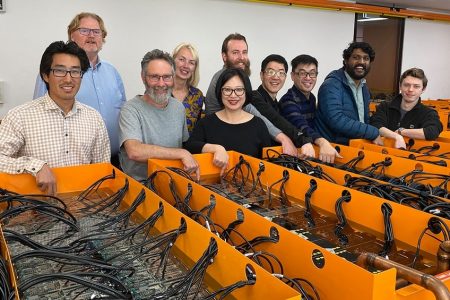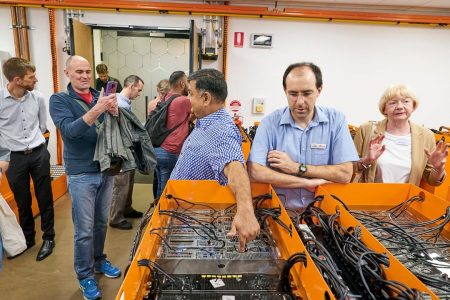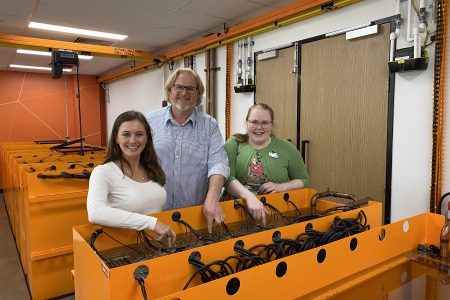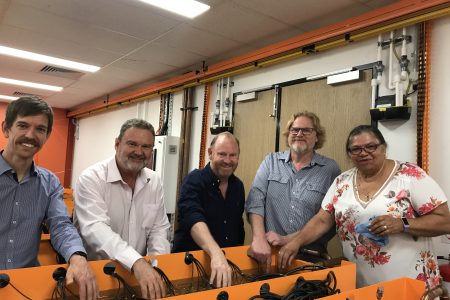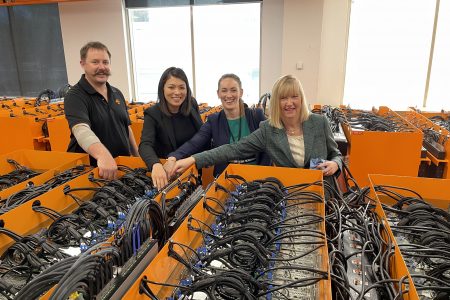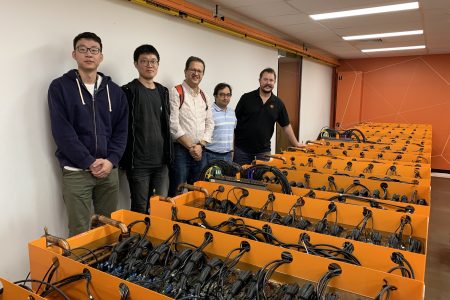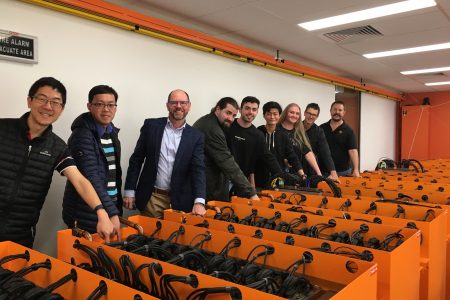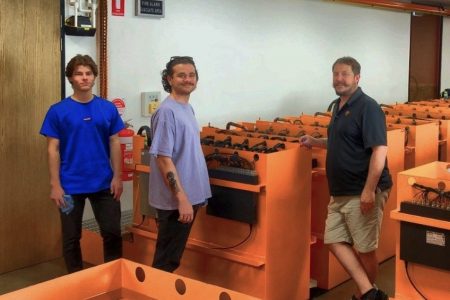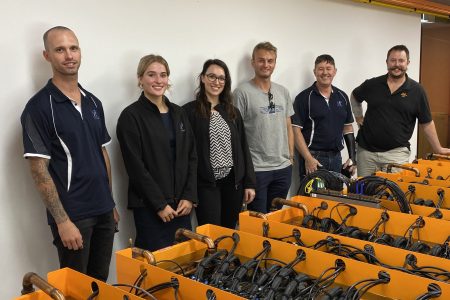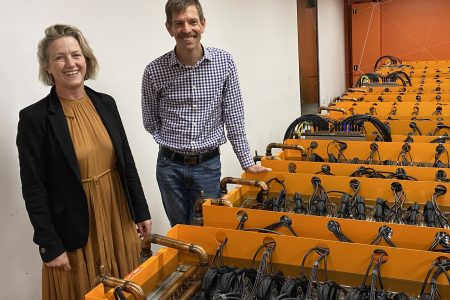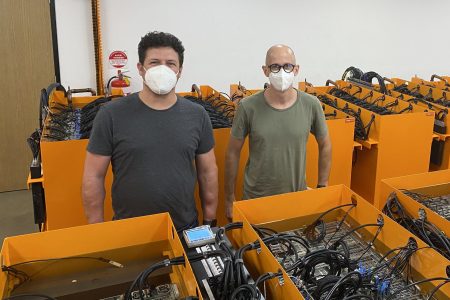From beetroot to barramundi, every lifeform has a genome composed of DNA—a unique and specific set of instructions that determines its traits. For instance, a kangaroo paw’s genes control everything from flower colour to disease susceptibility.
Identifying genes is one thing. Understanding their sequence and how they function is a different challenge altogether. Genomics, and the related field of bioinformatics, are now playing a role in maximising the utility, diversity and yield of crops—contributing to sustained food security in the future.
The combination of advanced gene-sequencing technology and modern high performance computing (HPC) has significantly transformed genomics. What was once a decade-long, billion-dollar endeavour to sequence a single genome can now be accomplished in just hours or days at a fraction of the cost. Bioinformatics is a modern and dynamic discipline that combines computer science and big data to elucidate complex biological phenomena. The speed and cost-effectiveness at which large quantities of genes can be sequenced today have enabled researchers to gain a wealth of agricultural insights, opening up new avenues for developing a range of solutions, from biodiversity conservation to improving crop yields to disease control.
Tailored HPC solutions
To ensure accuracy and efficiency, genomics researchers utilise a variety of computational methods and analysis workflows that are continuously evolving. Combined with the diverse data-storage needs and computer-memory demands of their work, researchers require tailored and well-supported HPC solutions to carry out their research.
WA-headquartered DUG Technology (DUG) offers cloud-based HPC as-a-service (HPCaaS) to researchers looking to streamline and scale their genomics workflows. DUG provides comprehensive services typically unavailable in large public or private clouds. This includes high-speed networks with low latency and innovative storage systems that transform how DUG’s clients interact with data, regardless of size or access patterns.
DUG helps researchers focus on the science—a dedicated HPC team providing domain-specific expertise is available to help onboard, optimise, and develop data workflows.
Powering agricultural genomics
DUG has partnered with bioinformaticians who research how genetic differences in plants affect resistance to pests and their adaptability to various environmental conditions. One particular project involved studying the Common Vetch, a legume with huge potential as a sustainable food source due to its high protein content and drought tolerance. However, the plant’s seeds contain compounds that interfere with the absorption of essential nutrients, limiting its production. To improve the plant’s yield under adverse conditions, the first step was to completely unravel its genome using HPC.
DUG’s HPC expertise was engaged to overcome the challenges of long wait times for HPC resources, as well as the technical difficulties stemming from a lack of expert support. DUG’s experts crafted a complete HPC environment that enabled the bioinformatics software and associated data pipelines to leverage readily available compute and storage systems.
With DUG’s bespoke HPC solution, over 200 Common Vetch samples were efficiently sequenced and analysed, leading to a deeper understanding of the genetic basis of the compounds affecting the plant’s nutrient absorption. Such research is crucial to ensure that future agricultural production meets the global challenge of feeding a growing population.
In the era of big data, scientific discovery requires access to advanced HPC cloud capabilities that are not just performant but also sustainable. DUG’s patented immersion-cooling technology, DUG Cool, reduces the power consumption of its HPC Cloud platform by up to 51%—the greenest power is the power you do not use!
Whether accelerating the delivery of commercial projects or providing researchers with the right tools to rapidly prototype novel big-data workflows, the experts at DUG are committed to client success.
Email [email protected] for more information.


